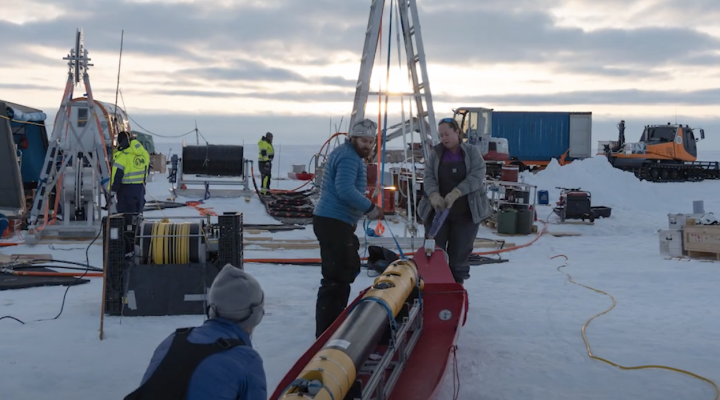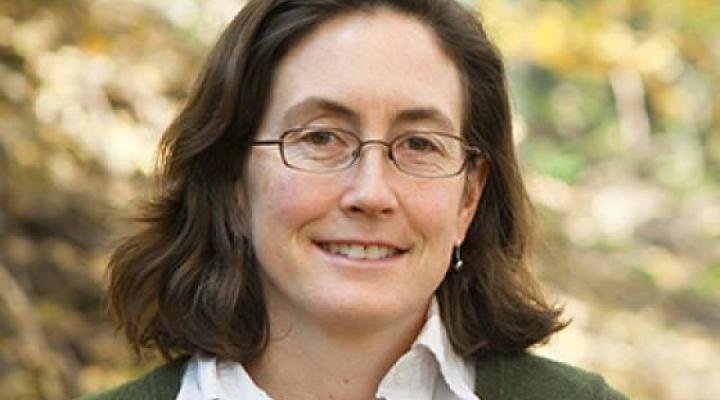Patrick Fulton, assistant professor and Croll Sesquicentennial Fellow in Earth and Atmospheric Sciences is one of 16 international scientists selected to take part in the RBR2020 Cohort, a two-year accelerator program for innovative early-career ocean scientists, sponsored by oceanographic instrument manufacturer RBR.
Members of this RBR2020 Cohort will gain access to RBR technology, equipment, and resources to accelerate their research and develop novel measurement methods. The cohort program also provides early-career scientists with opportunities for mentorship in science communication and professional development.
Fulton’s group studies hydrologic and thermal processes in fault zones and the physics of earthquakes. His project will focus on developing next-generation sub-seafloor observatories to characterize processes associated with earthquakes, landslides, and other geo-hazards.
“Sub-seafloor measurements are crucially needed to characterize and monitor the processes involved in fault slip behavior,” said Fulton. “Recent observations suggest that there may be slow slip and other precursory activity before many large M8 and M9+ tsunamigenic earthquakes. In addition, we are very curious to understand how fault slip or even distant earthquakes can drive fluid flow and alter stress conditions. However, because of the paucity of instrumentation beneath the ocean and seafloor, much of what is happening beneath the oceans remains hidden.”
Fulton anticipates this work with RBR to lead to new observatory systems and monitoring strategies that will help allow for more observations to be made inside and around faults beneath the seafloor within the ocean’s deepest trenches.





